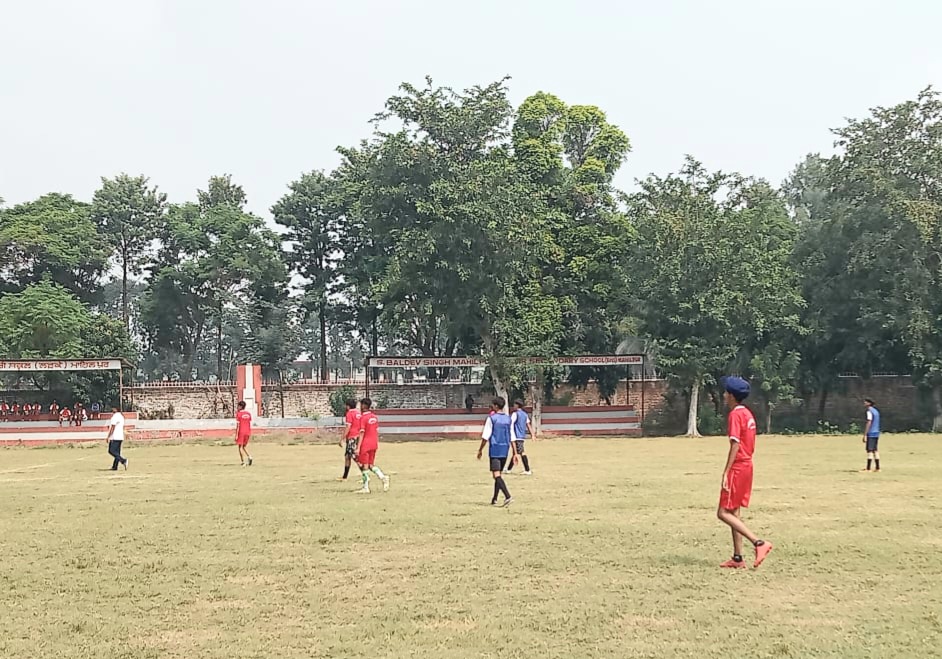
'Surface Seeder' machine for stubble management very beneficial for farmers: Deputy Commissioner
Patiala, October 23 - Deputy Commissioner informed about the environment friendly machine "Surface Seeder" for better management of crop residues
Patiala, October 23 - Deputy Commissioner informed about the environment friendly machine "Surface Seeder" for better management of crop residues and said that CRM has been developed by the Agriculture Department. Under the scheme, applications for this machine were invited from farmers/primary agricultural cooperative societies/registered farmer groups/FPOs/Panchayats.
The Deputy Commissioner said that this machine has been developed by Ludhiana Agricultural University and has also been tested at various places and the work of shortlisting the manufacturers for the supply of this machine has also been done by PAU. This machine sows wheat in a very cheap and eco-friendly manner (without burning stubble and ploughing).
He told that this machine keeps the farmer free for 40 days by sowing seeds and fertilizers in dry soil immediately after harvesting of paddy and basmati in medium land, spreading straw and mulch evenly as per requirement and then adding light water. By using this method, weeds do not grow in the field, there is no drought on the crop, stubble gets digested and turns into manure and wheat is threshed with less water. This machine can run even with a low horse power tractor and sows wheat in 1.5 acres in one hour and its cost per acre is only Rs 700-800.
He said that according to the Agriculture Department, the last watering should be done in the paddy field in such a way that the field remains dry at the time of harvesting so that there are no marks from the treads of the tires of the combine. Deputy Commissioner Patiala said that on a 5 feet 3 inches sized machine priced at Rs 80,000, a subsidy of Rs 40,000 is being given to individual farmers and Rs 64,000 is being given to custom hiring centres. He said that the State Government is taking important steps to establish and strengthen infrastructure, baling, transportation and storage facilities for accumulation of crop residues on a large scale.








